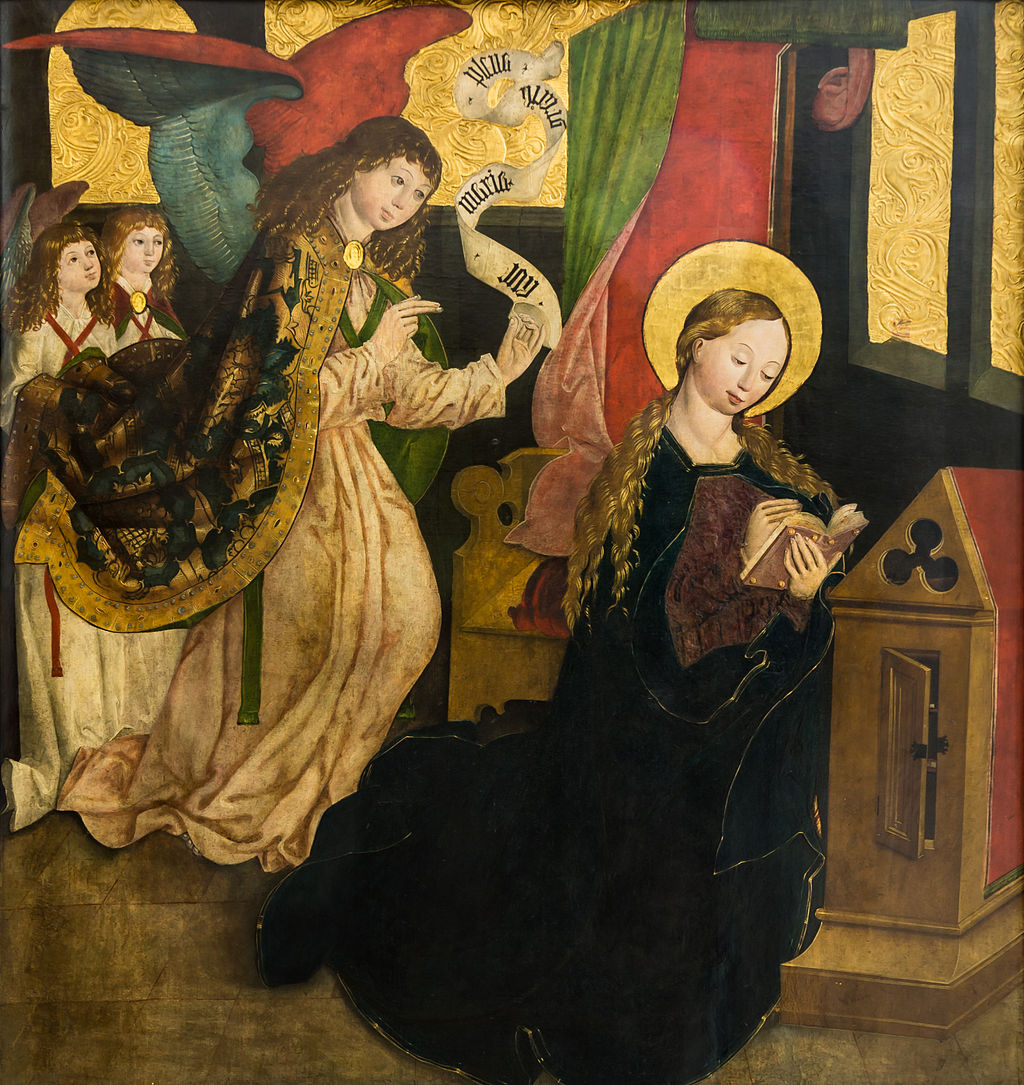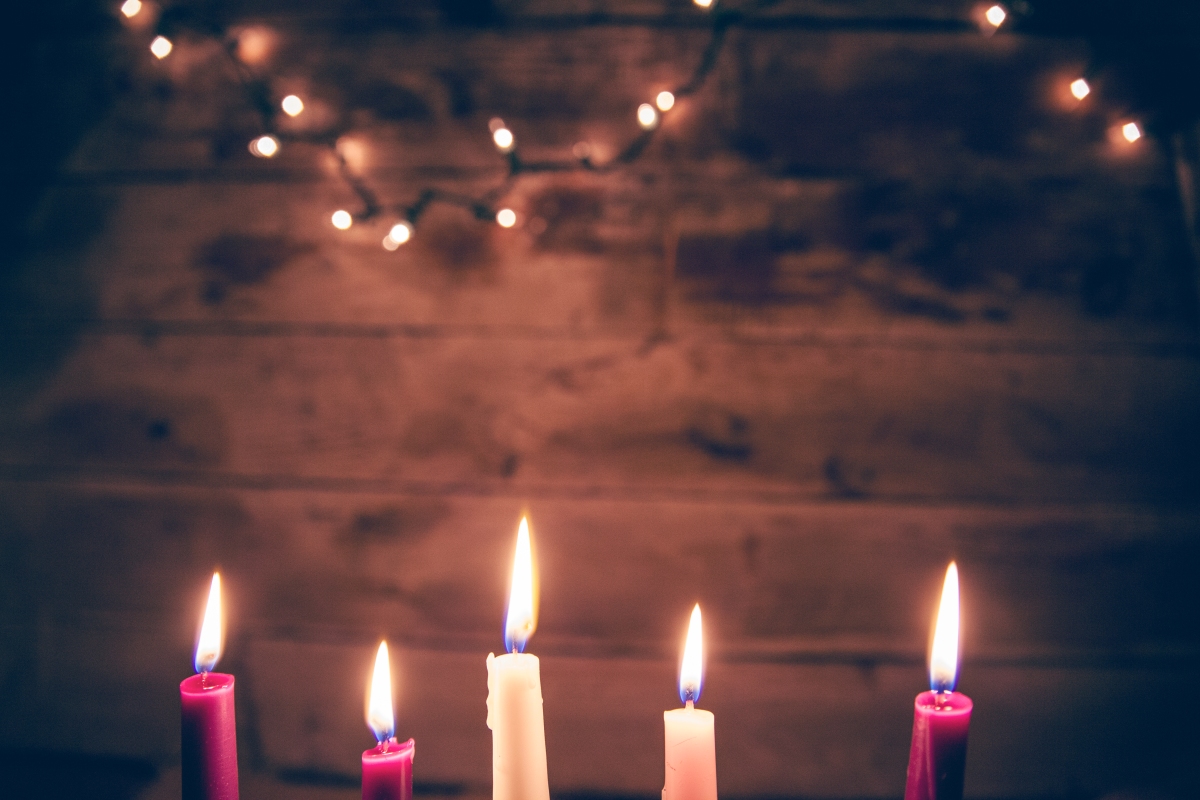This is the second in a series of blogs for the 2017 Advent season. Find the first reflection here.
It’s hard to ignore the glaring conflict between the American dream and the Kingdom of God. Unlike love and marriage or a horse and carriage you can, in fact, have one of these and not the other. Some would even warn that these two things are mutually exclusive, that they cannot be held side-by-side or co-valued in harmony.
The problem with the American dream is that it is subject to its own little-g god. This god does have a name and that name is mammon. Jesus is clear that it is impossible to be a slave “owned” by two competing masters and I think this is the case with the American Dream and the Kingdom of God.
Before we get any further and you think me anti-American, let me clarify something. I’m infinitely grateful to have been born to the people I was born to in the country I was born in. I had no control in the matter, which amplifies my gratitude in that I can’t somehow praise myself. I’m thankful for the freedoms we enjoy in our nation. I’m thankful that we have a history rooted in Christendom. I’m thankful that our values and morals have ancestral roots in the Bible.
I am not thankful for the American dream.
The American dream is an ideal that was likely founded with good intentions, something of a morality play on this idea that anyone in a free nation can rise up by their own bootstraps and make a better life for themselves. It has evolved, grown sharpened teeth and serrated claws. It’s spit is venomous and disease-ridden and it’s eyes are hungry and dangerous and shifty. It has enthroned mammon – “the way of commodity that is the way of endless desire, endless productivity, and endless restfulness without any Sabbath” – and dethroned God, the God of rest.
Traditionally, the second week of advent sees the lighting of the “Love” candle. As we embrace this season as one of longing, of waiting, of expecting, we are confronted with the question: what is it that we love? Do we cling to an earthly ideal that mirrors the coveted American dream that plagues our churches? Do we await the payout of mammon which costs us everything and fails to eternally deliver on any of its promises?
Or do we await the coming King who will usher in the true Kingdom of the God of rest, the Lord of the Sabbath? We are reminded with a easily-worded but deeply difficult exhortation that requires wrestling from 2 Peter 3:11-13:
“Since everything will be destroyed in this way, what kind of people ought you to be? You ought to live holy and godly lives as you look forward to the day of God and speed its coming. That day will bring about the destruction of the heavens by fire, and the elements will melt in the heat. But in keeping with his promise we are looking forward to a new heaven and a new earth, where righteousness dwells.”
The way of this world has already been judged by God, who – thanks to the nature of his grace – sent us his son, Jesus who proclaimed both freedom and salvation to all who surrender their lives to him. The fulfillment of this narrative of salvation is something theologians refer to the consummation and it’s the topic Peter is honing in on in our passage above.
Everything we know now – in its fallen way, in its broken state – won’t be mended or fixed and put back the way that it is. That’s not the message of consummation. The message is rebirth. Remaking. Recreation. This is a brand new thing. Yeah, DC Talk was right.
We reflect on Christ’s coming during Advent as the newborn king; but we also await the next time he comes to set finish what he started. Until then we strive to live holy and godly lives – as those sealed by and empowered in the Holy Spirit. We don’t do this so that we can transactionally earn God’s grace – we can’t. We do this because this is the stuff of God: holiness, justice, righteousness. We’re living, practicing for a kingdom that’s coming. We’re accepting God’s formation as a way of aligning our own lives with the life of Jesus. We want our loves and habits to reflect the things of God.
What is it that we are waiting for?
Are we waiting for the kinds of things that the world tries to tune our hearts to – money, possessions, power, the idols of self? Or are we expectant for Jesus to make things right. Are we hoping for more of the same?


